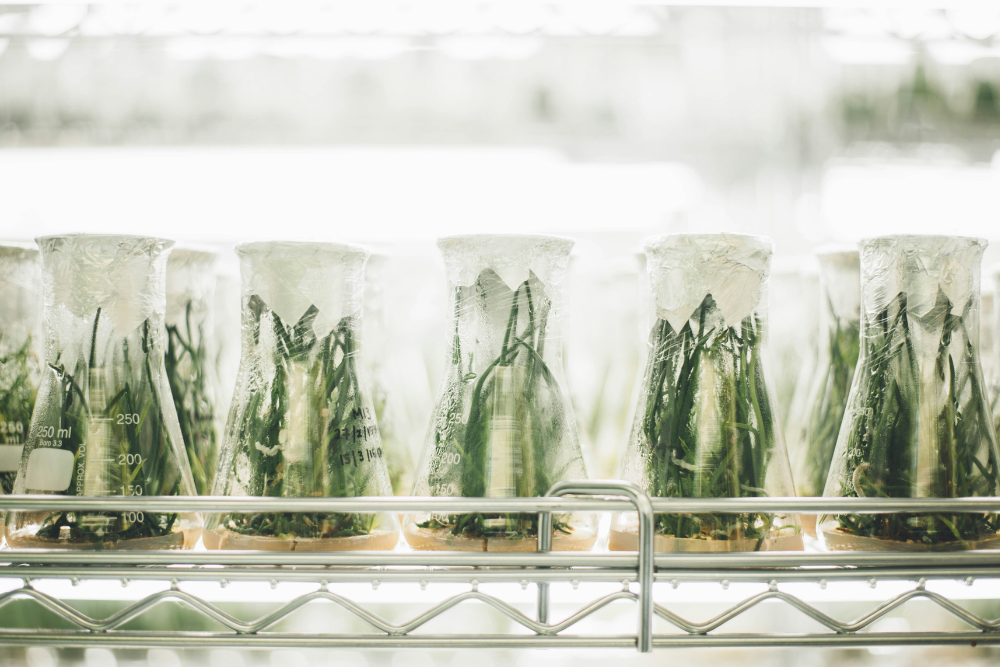New genomic techniques (NGT) are techniques for targeted genome modification (mutation or insertion of one or more genes at specific sites in the genome)
The proposed regulation – in line with the European Green Deal and the Farm to Fork strategy – lays down specific rules for the deliberate release and placing on the market of NGT plant and related food and feed. Currently, plants obtained by NGTs are subject to the same rules as GMOs. To better reflect the different risk profiles of NGT plants, the proposal creates two distinct pathways for NGT plants to be placed on the market.
In the draft report, the rapporteur has called for a common EU register for Category 1 NGT plant(s) to ensure traceability. There were close to 1200 amendments submitted covering all of the Commission proposal. The rapporteur has also included provisions that exclude NGT plants from patentability.
To make our food system more sustainable and resilient, MEPs support new rules for some NGT plants, but those not equivalent to conventional plants must follow stricter rules.
The Committee on Environment, Public Health and Food Safety on Wednesday adopted its position on the Commission proposal on New Genomic Techniques (NGT), with 47 votes to 31 and 4 abstentions.
MEPs agree with the proposal to have two different categories and two sets of rules for NGT plants. NGT plants considered equivalent to conventional ones (NGT 1 plants) would be exempted from the requirements of the GMO legislation, whereas for NGT 2 plants this legislation adapts the GMO framework to those NGT plants.
MEPs also agree that all NGT plants should remain prohibited in organic production as their compatibility requires further consideration.
NGT 1 plants
For NGT 1 plants, MEPs amended the proposed rules on the size and number of modifications needed for a NGT plant to be considered equivalent to conventional plants. MEPs also want NGT seeds to be labelled accordingly and to set up a public online list of all NGT 1 plants.
While there would be no mandatory labelling at consumer level for NGT 1 plants, MEPs want the Commission to report on how consumers and producers’ perception of the new techniques is evolving, seven years after entry into force.
NGT 2 plants
For NGT 2 plants, MEPs agree to maintain GMO legislation requirements, including mandatory labelling of products.
To incentivise their uptake, MEPs also agree to an accelerated procedure for risk assessment, taking into account their potential to contribute to a more sustainable agri-food system, but underline that the so-called precautionary principle must be respected.
Ban on all patents filed for NGT plants
MEPs amended the proposal to introduce a full ban on patents for all NGT plants, plant material, parts thereof, genetic information and process features they contain, to avoid legal uncertainties, increased costs and new dependencies for farmers and breeders. MEPs also request a report by June 2025 on the impact of patents on breeders’ and farmers’ access to varied plant reproductive material as well as a legislative proposal to update EU rules on intellectual property rights accordingly.
Next steps
Parliament is scheduled to adopt its mandate during the 5-8 February 2024 plenary session, after which it is ready to start negotiations with EU member states.
NGTs could help to make our food system more sustainable and resilient by developing improved plant varieties that are climate resilient, pest resistant, give higher yields or that require fewer fertilisers and pesticides.
Several NGT products are already or in the process of becoming available on the market outside the EU (e.g. bananas in the Philippines that do not go brown, with the potential to reduce food waste and CO2 emissions). The European Food Safety Authority has evaluated potential safety issues of NGTs.











